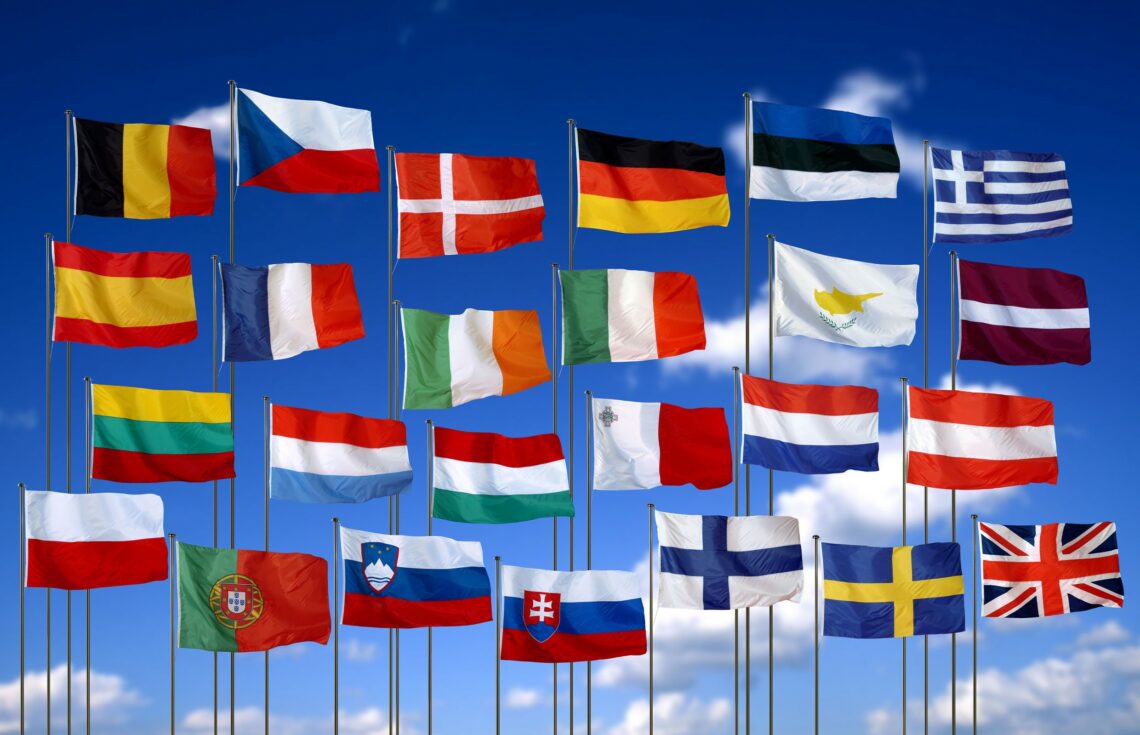
The European Union has once again issued a Directive (2014 / 104UE) concerning antitrust rules which is bound to have a significant impact on the right to compensation for damages suffered by consumers, businesses or public authorities as a result of anti-competitive agreements or abuse of dominant position.
The aim of the Community Legislator is to ensure a more effective implementation of the antitrust laws throughout the European Union, through the creation of a uniform and unified system, thus eliminating the differences which still exist within the single national legal systems as regards the extent of protection for victims of anti-competitive behaviours.
Many new elements have been introduced by the Directive and Italy will have to comply by 2016.
In particular, new tools are provided to make it easier for the injured party to obtain evidence. Indeed, for the first time the Directive introduces a duty of disclosure for the damaging undertaking -to third parties or to the antitrust authorities- who, when ordered by the judge, will be required to disclose evidence relating to the alleged violation. Thanks to the introduction of the disclosure regime, the party who is allegedly suffering damage caused by anti-competitive behaviour, and who cannot access certain evidence, may file a application to the Court asking that the evidence be disclosed by the parties who have them.
However, if on the one hand the legislators have provided such a significant safeguard for the injured party, they have had to carry out, on the other hand, a delicate balancing of the interests involved, limiting the above mentioned right of the damaged party through the prohibition of disclosure of some categories of documents, such as settlement submissions and statements made within leniency programmes.
A system of legal presumption has also been provided with reference to evidence, according to which the presence of “cartels” should always be considered, unless proven otherwise, as a source of damage to the market. Consequently, whoever believes to be damaged by them will not have to prove that a certain cartel has caused harmful effects, but will only have to prove that those specific harmful effects (presumed ex lege) have been produced in its economic sphere and their extent. The presence of cartels is also considered a source of joint and several liability for the companies whose conduct has unanimously and jointly violated competition law, thus increasing the injured party’s possibilities to obtain compensation for the suffered damage.
We are, therefore, waiting to know what guidelines the European Union will issue for the quantification of damages by injured parties as well as by the court itself. The latter will still have the option to decide on an equitable basis, in the event that the amount of the damage is excessively burdensome.
Last but not least, there is the intervention of the Legislator regarding the relationship between the National Antitrust Authority and the Civil Judge, which has always been a matter of constant debate. Once Italy fully complies with the Directive, the final decisions issued by the national antitrust authority determining the presence of a violation, will not be subject to subsequent review by the Civil Judge, who will have to accept the decision of the Authority and rule only with regard to the compensation claim. The case where the decision is taken by a transnational antitrust Authority is, however, different. It may be produced in court and taken by the national court as circumstantial evidence of the violation.
The importance the Directive will have in our legal system is therefore clear, both from the substantive and from the procedural point of view. We shall now see how Italy will implement the objectives set by the Union, since it is reasonable to expect that the Judges will immediately start taking an approach in compliance with the provisions of the Directive.
(Bologna Office – Elisabetta Sgattoni – 0039 (0)51 2750020)

